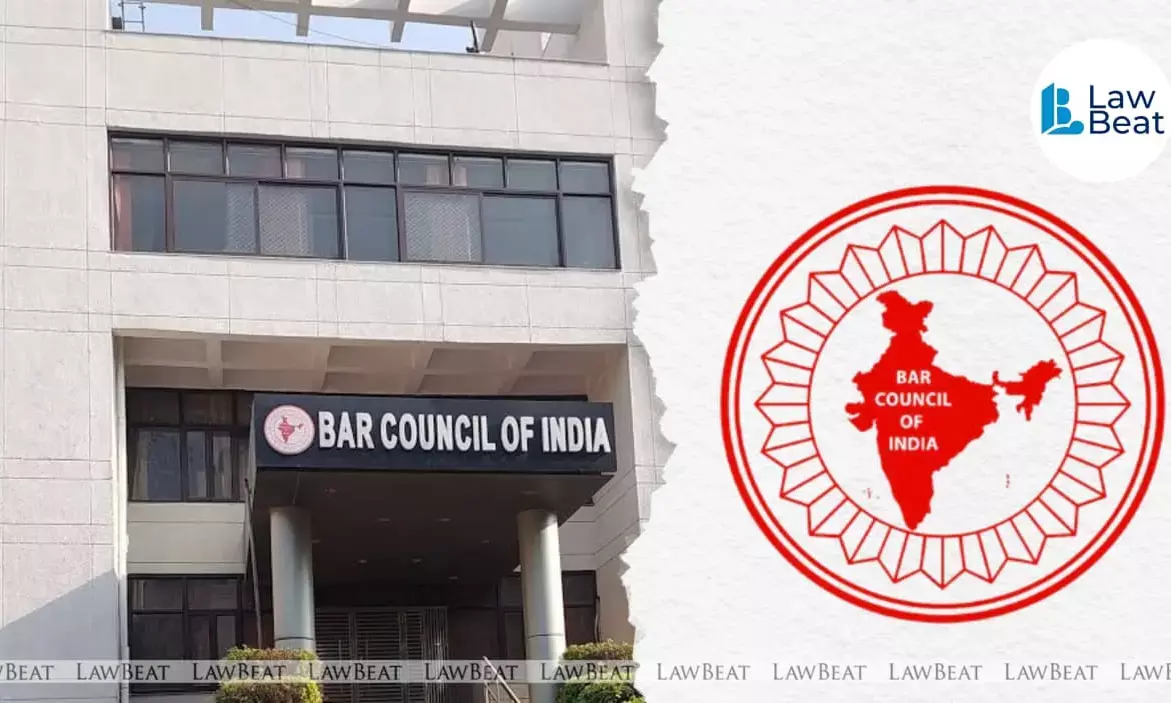BCI Freezes New Law Colleges for Three Years, Warns of Crackdown on Sub-Standard Institutions

In a sweeping move aimed at halting what it calls the “unchecked mushrooming” of sub-standard law colleges, the Bar Council of India (BCI) has imposed a three-year nationwide ban on the establishment of new Centres of Legal Education. The moratorium, approved under the Rules of Legal Education, Moratorium (Three-Year Moratorium) with respect to Centers of Legal Education, 2025, will come into force shortly and remain in place until 2028.
During this period, no new law college will be allowed anywhere in the country, and existing institutions cannot introduce additional sections, courses or batches without the BCI’s prior written approval. Any proposals considered during the moratorium will face “strict scrutiny and ongoing compliance reviews,” the Council said. Pending applications that have already progressed through the approval process will not be affected.
The BCI said the decision was necessary to address the declining quality of legal education, fuelled by indiscriminate approvals from state governments and universities without proper inspection, rampant commercialisation, academic malpractice, and a chronic shortage of qualified faculty. With nearly 2,000 law colleges already functioning, the Council said the focus must now shift from expansion to consolidation, quality enhancement, and systemic strengthening.
This moratorium is intended to protect the integrity of the legal profession, uphold public interest in the administration of justice, and ensure constitutional commitments to quality education, the Council said, noting that the move draws authority from multiple provisions of the Advocates Act, 1961.
The policy builds on earlier attempts to control the proliferation of law colleges. In 2019, the BCI passed a temporary moratorium resolution, which was challenged in court and culminated in a December 4, 2020 judgment of the Punjab and Haryana High Court. The Council also issued a detailed press statement in June 2021 urging states and universities to exercise greater diligence. The current regulation, it said, formalises the approach through enforceable rules in line with the court’s guidance.
While the ban is near-total, the BCI has carved out narrowly defined exceptions. New institutions may be considered if they cater exclusively to socially and educationally backward classes, Scheduled Castes, Scheduled Tribes, or Economically Weaker Sections; are located in remote, tribal or aspirational districts; are designed solely for persons with disabilities; or are established by state or central universities created through statute or recommended by competent ministries. Even in these cases, applicants must meet strict preconditions, including valid NOCs, prior university affiliations, demonstrated infrastructure and faculty strength, and compliance with the Rules of Legal Education.
The regulation also specifies transitional safeguards: institutions with only conditional approvals before the moratorium’s commencement cannot start operations without meeting full requirements and receiving BCI clearance.
A three-stage approval process has been reiterated for all institutions seeking recognition. First, a needs-based No Objection Certificate must be issued by the state government or relevant ministry. Second, the affiliating university must ensure compliance with the Rules of Legal Education, 2008, covering governance, infrastructure, faculty recruitment, library facilities, and financial requirements. Third, the BCI will conduct its own inspection before granting approval.
During the moratorium, the Council will intensify inspections of existing law colleges, with the power to order closures or derecognition if standards are not met. It will also discourage state governments and universities from issuing fresh NOCs or affiliations.
Violations will carry serious consequences, including withdrawal of BCI recognition, derecognition of degrees issued in contravention of the rules, disqualification of graduates from enrolment as advocates, and the initiation of disciplinary, civil, or criminal proceedings against defaulting institutions and officials.
The BCI will review the moratorium’s impact annually and may extend, modify, or repeal it depending on policy needs. All conflicting circulars, notifications or resolutions issued previously stand overridden.
Calling on state governments, universities and stakeholders to prioritise quality over expansion, the BCI said the measure was essential to 'preserve the dignity of the legal profession and reinforce public trust in the justice system'.
